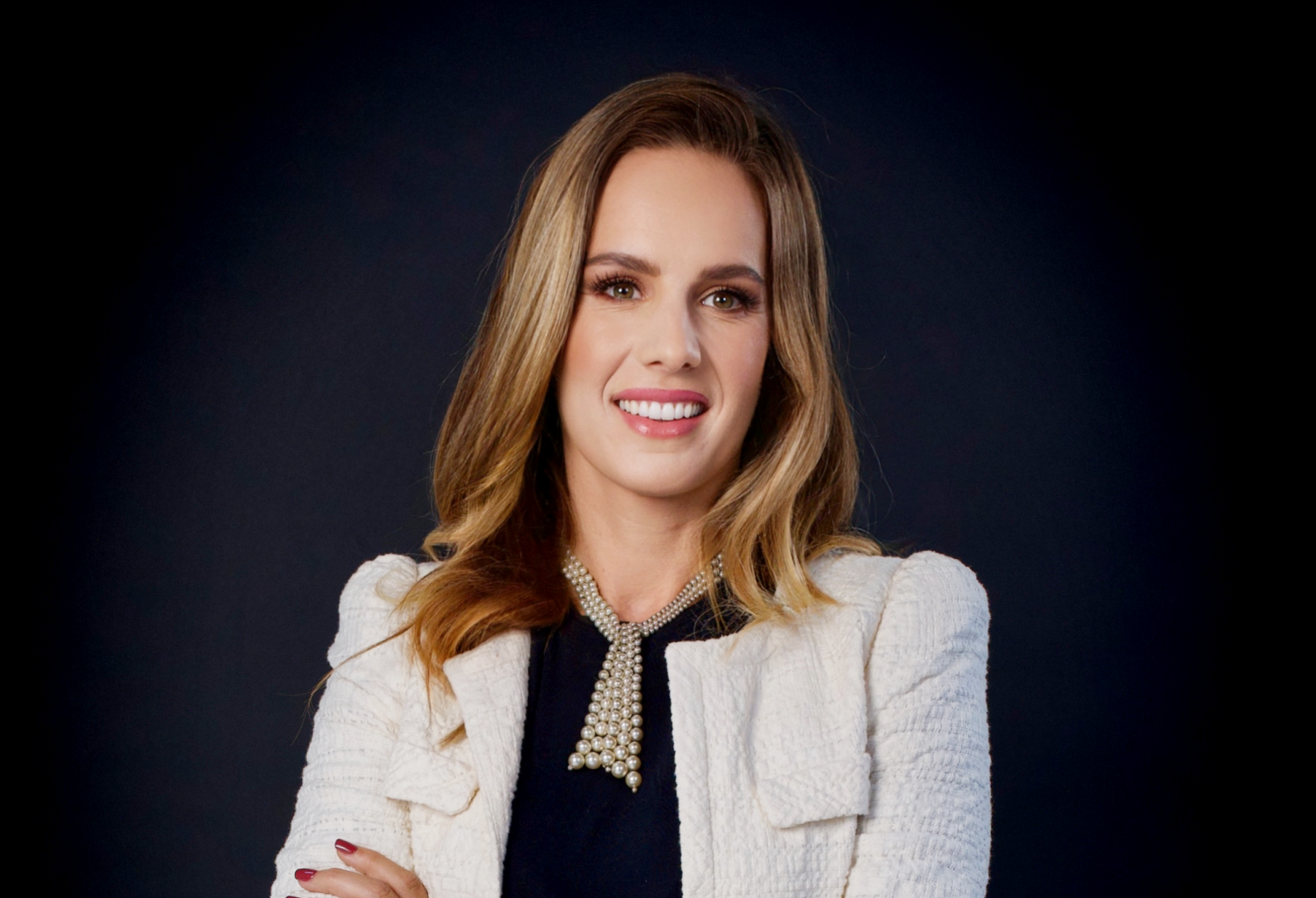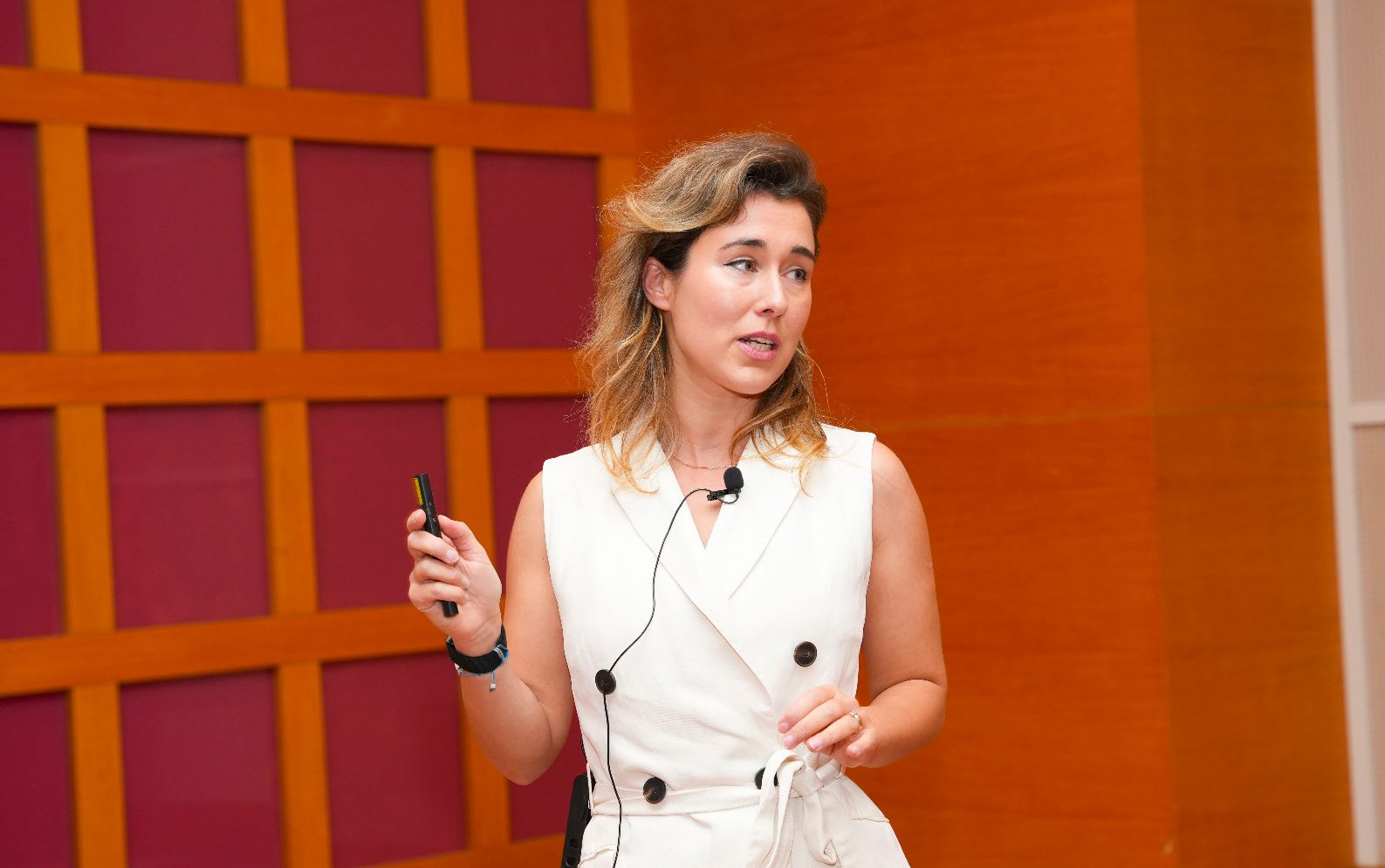
NEW YORK — Women weed entrepreneurs who applied for New York’s first retail licenses are being left behind in the state’s effort to establish an equitable cannabis market.
Since launching the program in August, New York regulators have awarded dozens of licenses to entrepreneurs who had an immediate family member convicted on marijuana charges or have a record themselves. While those priorities were written into the program to make up for decades of disproportionate criminal enforcement, particularly in communities of color, the rules are having the unintended consequence of leaving women entrepreneurs out.
Across two rounds of licensing, 7 percent in the first round were women, while women made up just 14 percent of winners in the second.
“If we’re going to say that New York State is at the head of social equity and inclusion, it must consist of [women] or that is not full inclusion,” said Britni Tantalo, an entrepreneur who applied for one of the state’s first retail licenses through the Conditional Adult-Use Retail Dispensary program.
New York isn’t the first state to leverage marijuana legalization as a way to bring people harmed by the war on drugs in on the financial benefits of a lucrative industry. But it has arguably taken the most aggressive approach to boost equity in the business and avoid the pitfalls of similar programs: It’s promising startup funding to entrepreneurs and even identifying and renovating real estate to help retailers.
Yet the small share of women awarded licenses so far shows how sophisticated attempts to manipulate the market to benefit a certain group of applicants can still leave others feeling snubbed.
The low share of women entrepreneurs in New York’s nascent cannabis program makes some sense since marijuana enforcement was disproportionately targeted at young men of color.
Between 1997 and 2007, 91 percent of people arrested for marijuana possession in New York City were male, according to a report from the ACLU of New York. Young Black and Latino men were overwhelmingly overrepresented in marijuana possession arrests during that time period.
New York officials say they allowed people who have immediate family members with cannabis convictions to qualify for the retail licensing program in order to open the door to more women.
“My team early on made an effort to make sure that women have a pathway to get a CAURD license,” said Damian Fagon, chief equity officer of the Office of Cannabis Management, in an interview.
But for scoring purposes, qualifying based on a conviction is weighted higher than one based on a family member, Fagon explained. That brings up some tricky issues for women seeking licenses.
“I understand that the person who actually went through [the arrest and conviction] should be awarded more points,” said Venus Rodriguez, an applicant who qualified based on her son’s arrest. “But what’s that scale? And how do we measure suffering? We’ve all suffered.”
Jillian Dragutsky can understand both sides. Her father was convicted for a cannabis offense, and Dragutsky herself was also later convicted for a similar crime.
The harms of both experiences were undeniable for Dragutsky, who was about 15 years old when her father, her primary caregiver, was arrested. She and her brother were sent to live with a friend of her father’s, she recounted.
Dragutsky’s own arrest was just as life-changing of an event. Despite being fortunate enough to be able to hire attorneys — “it was terrifying and challenging,” Dragutsky said.
She called for more transparency in the application process — particularly when it comes to awarding points for the justice-involved questions on the license application.
“Who makes that decision?” she wondered. “It’s a little frustrating not to have transparency.”
The OCM has not yet made a decision on how much information they will make public about license scoring, as the agency is still in the midst of scoring applications, Fagon explained. Regulators are giving applicants more time to cure any deficiencies on their applications, and to submit documentation to verify parts of their qualifications. Unlike other jurisdictions, “we gave everyone as much time as they needed,” Fagon said.












